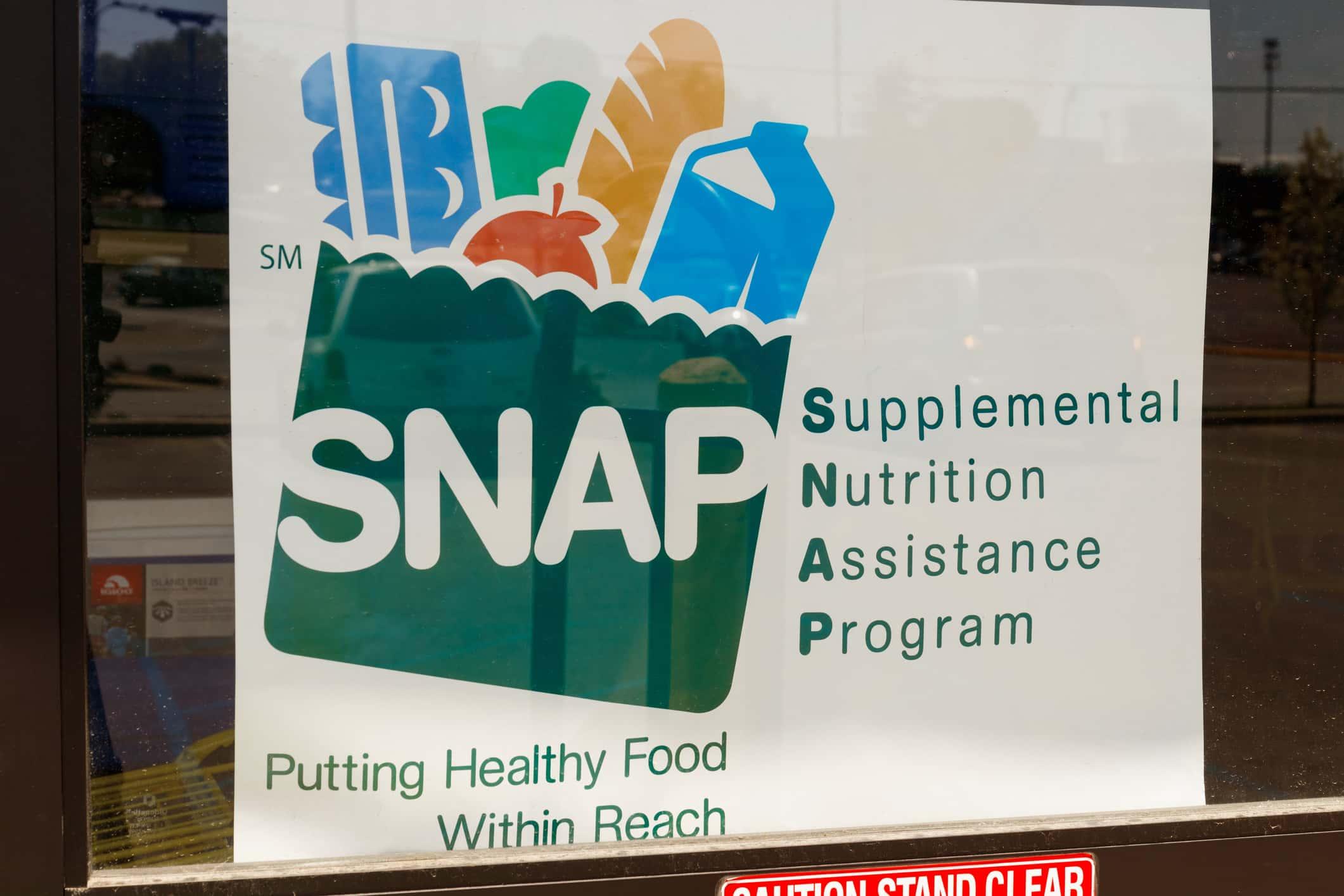
Related Topics
One barrier to senior Supplemental Nutrition Assistance Program (SNAP) enrollment is the myth that older adults are only eligible for $23/month in benefits. While it is true that some older adults would only be eligible for that amount, many are missing out on deductions that can help establish eligibility and also increase the value of SNAP benefits dramatically. One critical deduction that can make the difference is the excess medical expense deduction.
What is the SNAP excess medical expense deduction?
Households with an older person (60+) or a person with a disability are eligible for the excess medical expense deduction, which allows the elderly/disabled member to deduct monthly medical expenses beyond $35 from their gross income, as long as they are not paid by insurance or someone else. There is no cap on this deduction up to the maximum benefit amount, making it extremely valuable for those with high medical expenses.
Who is eligible and what expenses count?
It is estimated that fewer than 1 in 5 older adults enrolled in SNAP take the medical deduction, but many more SNAP-eligible seniors would qualify to use it. Even seniors enrolled in the Medicare Part D Low-Income Subsidy (Extra Help)) and Medicare Savings Program (MSP) may have unreimbursed out-of-pocket costs in excess of $35 that would be eligible. Federal regulations allow many medically recommended procedures and supplies to count toward the medical deduction, including:
- Medical/dental care
- Hospitalization and nursing home costs
- Costs of health insurance premiums, deductibles, and co-pays (including Medicare)
- Dentures, hearing aids, prosthetics
- Costs associated with owning a service dog
- Eye glasses prescribed by an optometrist or specialist
- Transportation and lodging costs incurred to obtain medical treatment, including mileage
- Attendant, home health aide, homemaker, or child care services
- Over-the-counter and prescription drugs, vitamins, supplies, and equipment
Your state may specifically allow additional deductions, such as for medically prescribed alternative therapies (e.g., acupuncture) or home modifications (like wheelchair ramps and handrails), so be sure to check your local guidance. These allowable expenses are very similar to those for senior HUD housing and for Medicaid spend-down, so if you are helping an older adult qualify for one of these programs, consider maximizing your efficiency and the consumer’s benefit by collecting the relevant verification documents ONCE and using them multiple times.
How does the excess medical expense deduction work?
In order to qualify for SNAP, households with older adults or adults living with disabilities must meet the net income test of 100% of the federal poverty level. Net income means gross income minus allowable deductions. Net income is very important because the deductions from gross income to net income establish both eligibility and amount of benefits.
The medical expense deduction is one way for seniors and adults with disabilities to maximize what counts toward meeting the net income test, and to ensure they are receiving all the benefits for which they are eligible. Other deductions take into account housing and utility costs, and there is also a standard deduction taken for every household.
What is a state standard medical deduction?
The Food and Nutrition Service of the U.S. Department of Agriculture regulates SNAP at the federal level. However, state SNAP agencies have some flexibility in how they manage the program.
In order to decrease the demands on case managers and simplify the application process for older and disabled program participants, some states have requested flexibility from USDA (through the waiver process) to use a standard medical deduction when participants can show unreimbursed medical expenses over $35.
However, even in these states, participants can still use the regular medical expense deduction process. While this process requires more paperwork, participants with higher healthcare costs may particularly benefit from taking all their out-of-pocket expenditures into account.
Check your state SNAP policy manual to see if the standard deduction is applied in your state.



